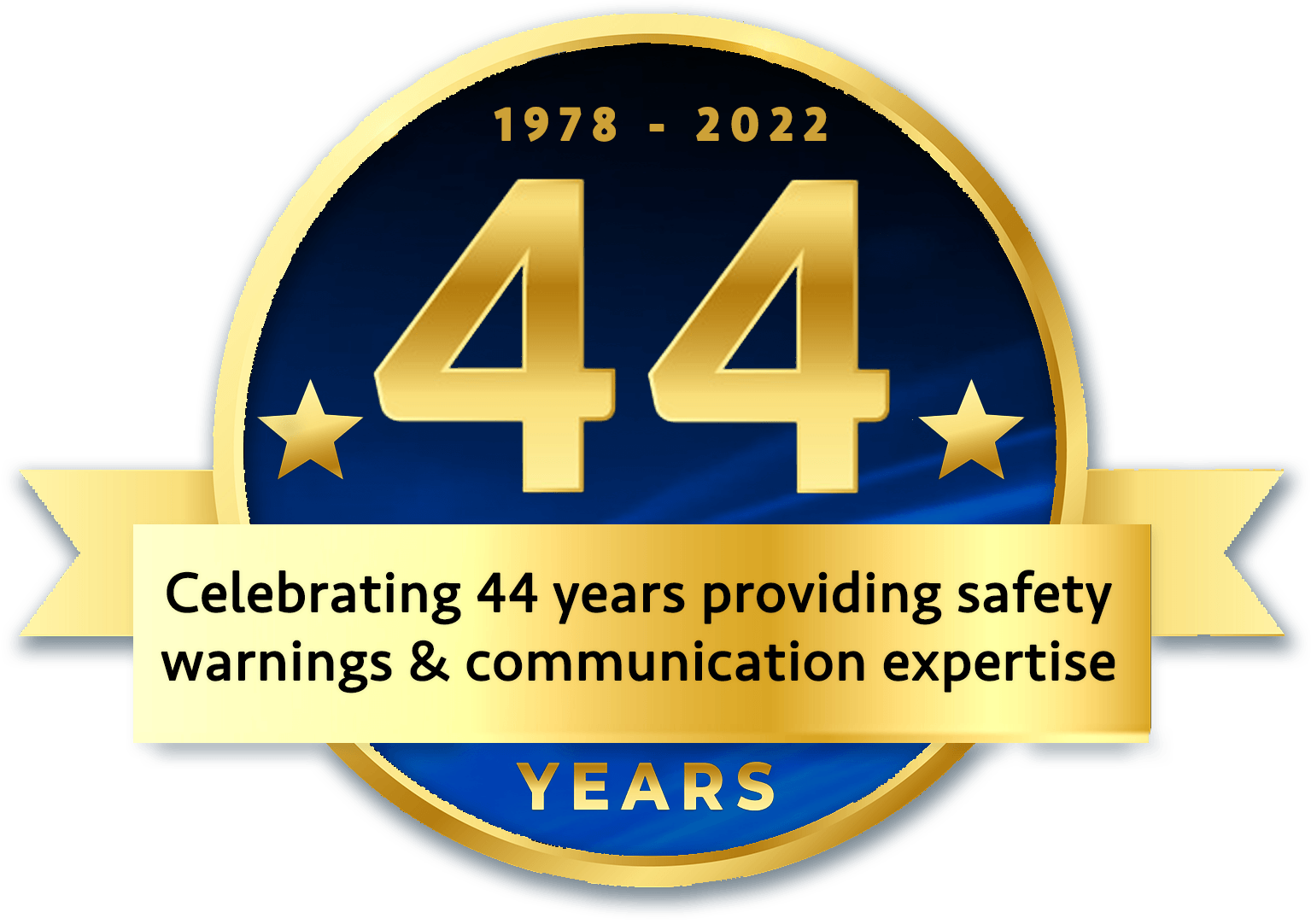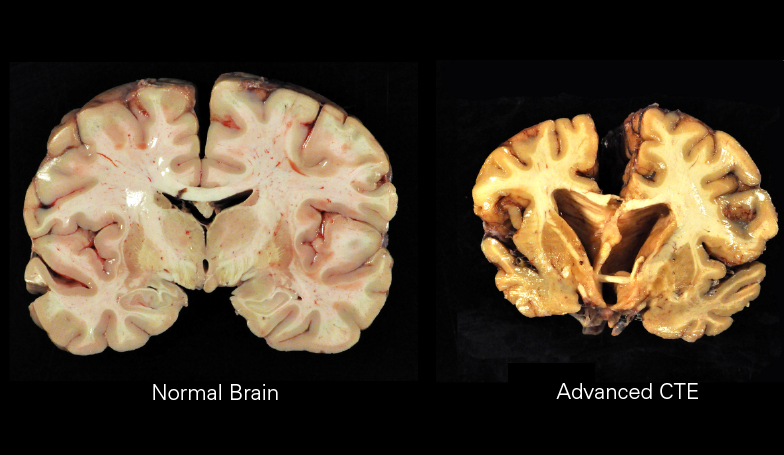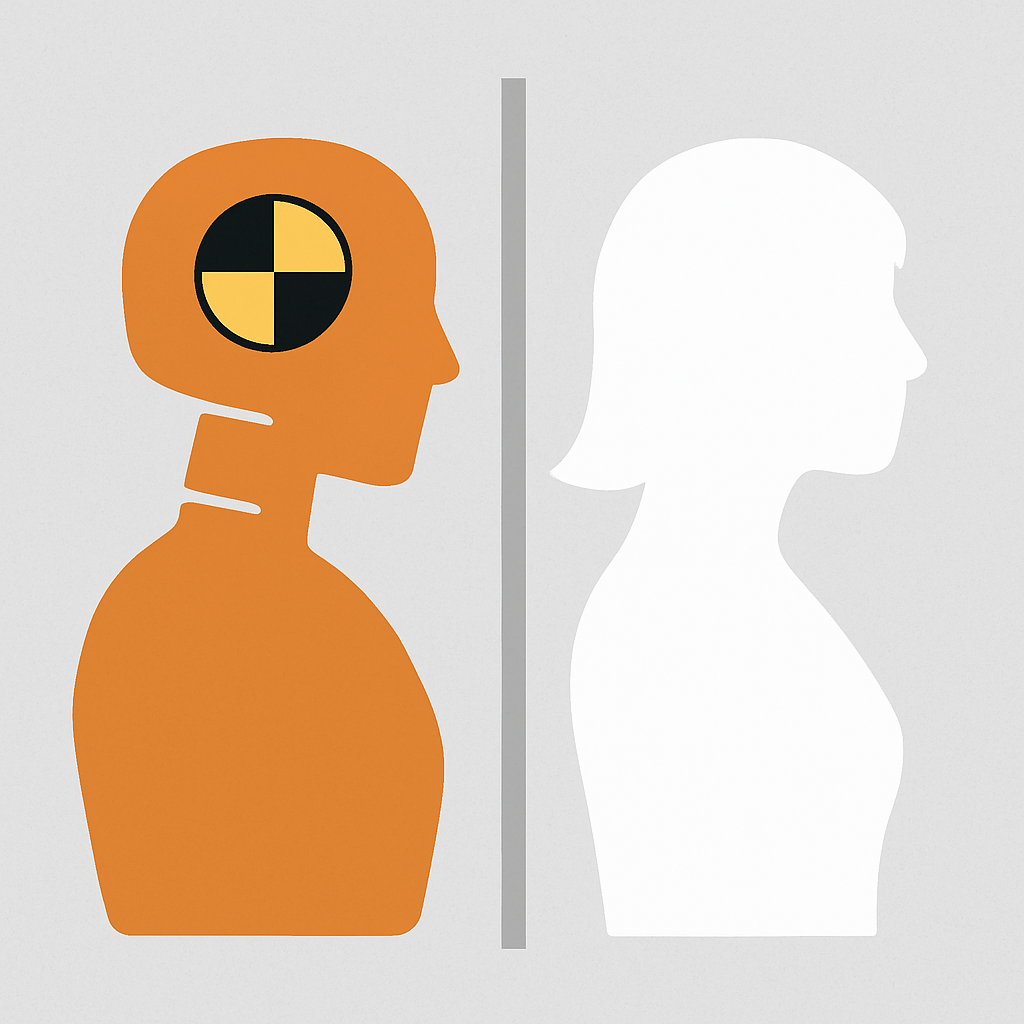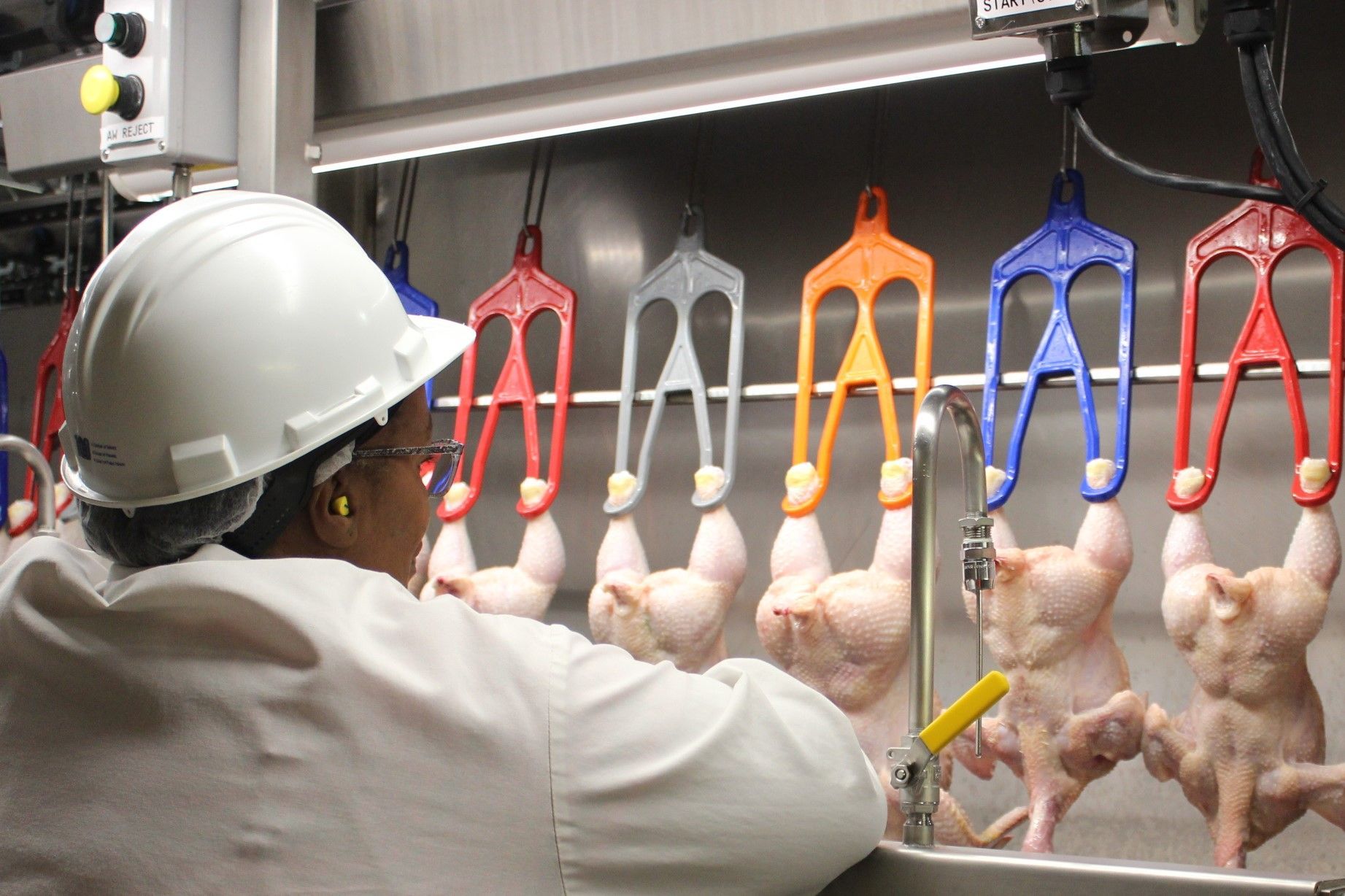45 years ago in February, 1978, I received a phone call from a colleague of mine, Professor Don Porterfield of the University of Texas at San Antonio, with whom I had worked on a major DOD contract to evaluate communication systems on a U.S. Air Force base in the San Antonio, Texas area. Don wanted to know if I could help him out on an assignment in the Galveston, Texas area where, on May 30, 1978, there were two explosions at the Texas City Refinery resulting in 5 deaths, 10 injuries and the destruction of two 55,000 gallon gas tanks.
If you know anything about oil refinery explosions, then you can only imagine the litigation nightmare that results from such events involving literally dozens of cross-litigants, all suing each other in efforts to persuade civil juries on who or what of the myriad of different personnel and employees along with a virtual buffet of products was to blame for the refinery blowing up. Such was the case in 1978 at the Texas City Refinery where my friend, Don Porterfield, was retained by one of the litigants, and felt free to refer me to others in need of what I later learned was an "expert witness" to handle claims dealing with a "failure to warn." Full disclosure: at this point in my career, although I was considered by many in the communication field to be an expert on organizational communication systems (by this date, I had published 4 books and was working on two more), my only exposure to the legal system had been to draw up my last will and testament and to fight two speeding tickets.
After a lengthy discussion, Don convinced me that my expertise in the field of organizational communication could be put to good use when considering whether or not one of the litigants had failed to provide adequate warnings and safety communications to other litigants. He was right, and thanks to Don (and the luck of having several dozen lawyers in an auditorium listening to me opine about how communication theory can be helpful in failure to warn claims, most of whom became future clients, resulting, over the next decade, in me commuting from New York to Texas and falling in love with Texas barbecue), although I didn't realize it at the time, I was launching my new career as an expert in the area of warnings and safety communications.
45 years later, after consulting in over 1000 cases, testifying by deposition or at trial over 200 times, designing and/or evaluating warnings and safety information for over 100 of the Fortune 500 companies and having recently published my 12th, and best-selling book, Murder, Inc.: How Unregulated Industry Kills or Injures Thousands of Americans Every Year...And What You Can Do About It, I am celebrating our 45th year in the business of providing expert services both to plaintiffs and defendants involved with failure to warn claims in products liability litigation.
I could think of no venue more appropriate for such a celebration than at my son Marcus' jazz club in Harlem, NY, Room 623, and I could think of no better company to keep with such a celebration than my fully vaccinated and boosted (of course) and rapid-tested closest friends, colleagues and family, including my daughter, Michelle and my partner for over 30 of those years (celebrating remotely), Marylynn and my two most important team members and associates (also celebrating remotely from our Buffalo office), who have been with me for most of my 45 year journey, Donna Patterson and Paul Leiner, and without whose extraordinary talent and loyalty, our company would never have reached such a milestone. It is to all those who have worked with Goldhaber Research Associates, LLC over the past 45 years, including all of our staff and vendors, and most importantly, our clients, that I dedicate this 45-year celebration and look forward to the next 45.
